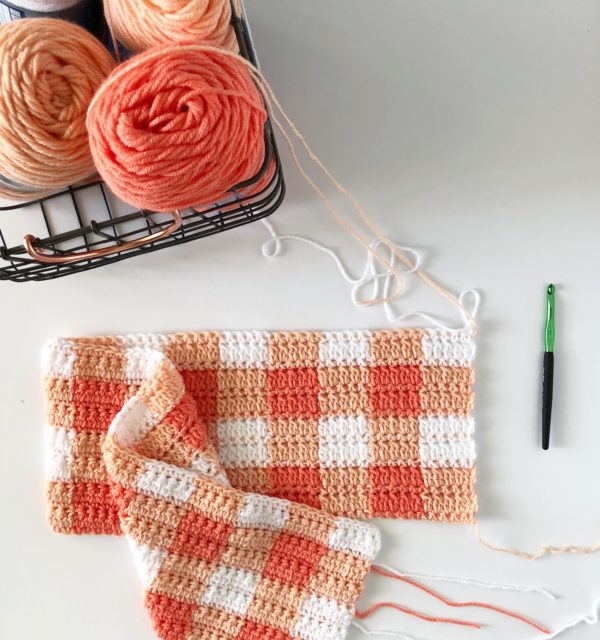

Ongoing losses aren’t typically something a business would accept, but a hobbyist would. Frequent small profits make it seem like you’re trying to minimize income. History of income and losses – Making a substantial sum is proof that you meant to do so. The IRS looks at several factors for proof of intent: In the past, many people used hobby farms and acreages as tax shelters. But you do need to show that your farm is intended to turn a profit. You don’t actually have to be profitable as a hobbyist before declaring your farm as a business. All that might not be completely necessary to run your small farm, but you have to be prepared to provide it all to the IRS when asked. You need to have a business plan, profit and loss statements, bank account, daily activity logs, and financial records showing your expenses and assets. To get the benefits of a being a business, you have to operate like one. You need much more than a collection of receipts and a spreadsheet of expenses. The burden is on you to prove to the IRS that your farm is a real business and no longer a hobby. You can’t simply start treating your hobby farm as a business. Steps for Establishing Your Farm Business
#Hobby farm 2 professional
Consult your state’s tax guide or a local tax professional to learn about the state-level deductions available to you. The rules vary at the state level too, depending on where you live - Tennessee, Alabama, or Mississippi - and what you produce on your farm. Read the IRS rules to see what applies to your farm. Each category has its own rules, restrictions, and limits. There are a number of farm business deductions. Cost of operating a truck or car for your farmĪnd that’s just the beginning.Real estate and property taxes on farm business assets like equipment, animals, land, and buildings.Repairs and maintenance on your property.Compensation to your children or spouse if they work the farm.Labor hired to help out with farm tasks.Farm supplies like feed, fertilizer, seed, and poultry.With all the supplies and equipment needed to run your small farm, any potential write-offs are appealing. So if your farm operates at a loss, that loss can be used to offset your tax burden on your overall income. You can deduct your farm-related expenses, even if they go above your farm income. The federal tax rules for businesses are much more favorable than for hobbies. Tax Benefits of Turning Your Hobby Into a Business For tax purposes, it has to be an actual business. Now, to receive any benefits or be eligible for further federal tax deductions, you have to stop calling it a hobby farm. You could deduct expenses up to the amount of money you brought in from your farm as long as the overall expenses you claimed were more than two percent of your adjusted gross income. There used to be limited deductions for hobbies. And the rules changed when the Tax Cuts and Jobs Act went into effect last year. But you choose to spend your money on them because you love them. By their very nature, hobbies are money-losing ventures. Since you’re getting taxed on the little bit of income your hobby farm provides, it’d be nice to offset that with deductions to help cover your expenses. So if you trade your wares for other goods and services, the value of what you give and what you receive must be reported on your taxes.

That’s where the line between hobby and business blurs, especially when it comes to your taxes.Īlmost all income is taxable, including income from both hobbies and farms. Even if it’s not much, some extra spending money is always nice. Once you start seeing the fruits of your labor, the draw to earn a little cash creeps in. You might not even think about making any money or consider it a far-off dream. You simply want to work some land and reap the rewards of your labor. Hobby farms typically start in pursuit of a passion or lifestyle.


 0 kommentar(er)
0 kommentar(er)
